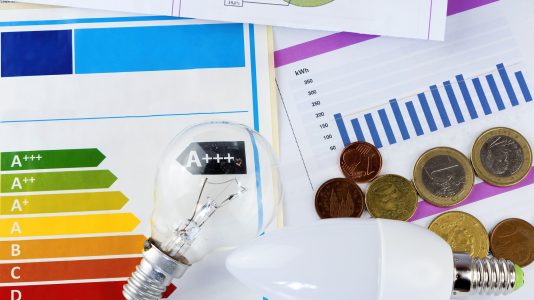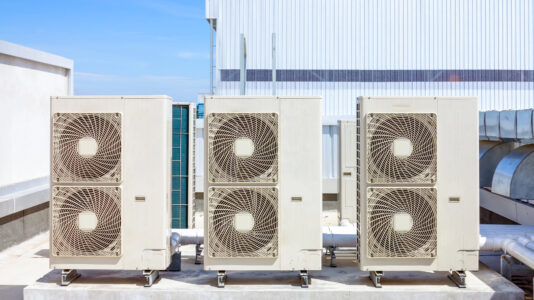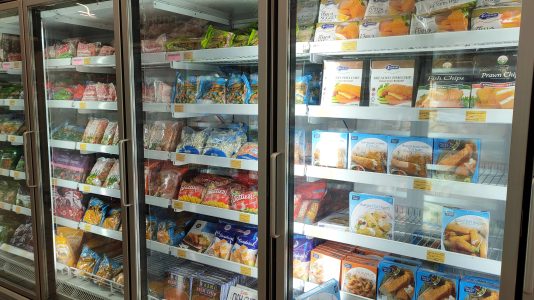Energy Efficiency: Best Practices for Your Refrigeration System
February 2nd, 2024
Energy efficiency in the field of refrigeration is crucial to minimize energy consumption, reduce operational costs, and mitigate environmental impact. Refrigeration systems are ubiquitous in various sectors such as the food industry, healthcare, logistics, and many others. By adopting best practices, businesses can significantly enhance their energy performance. Here are some tips to optimize the energy efficiency of your refrigeration system.
Regular Maintenance:
Regular maintenance is essential to ensure the proper functioning of refrigeration equipment. Clean coils, filters, and ensure that all mechanical parts are operating correctly. Clean equipment operates more efficiently.
Temperature Monitoring:
Set temperatures appropriately to avoid energy overconsumption. Temperatures that are too low can result in unnecessary consumption, while temperatures that are too high can compromise the quality of stored products.
Use of Advanced Technology:
Invest in modern and energy-efficient refrigeration systems. Advanced technologies, such as electronic regulation, allow for more precise temperature management and better adaptation to actual needs.
Effective Insulation:
Ensure that refrigerated storage facilities are properly insulated. Quality insulation reduces cold loss and minimizes overuse of the refrigeration system to maintain constant temperatures.
Defrosting Management:
Optimize the frequency of defrosting. Excessive frost on evaporators can lead to increased energy consumption. Regular defrosting ensures optimal operation.
Load Optimization:
Adjust the refrigeration system capacity to the actual load. Oversizing the system can result in excessive energy consumption. The use of frequency converters can allow for more precise regulation based on needs.
Variable-Speed Compressors:
Variable-speed compressors adjust their speed according to actual demand, thus reducing energy consumption during periods of low load.
Energy-Efficient Lighting:
Choose LED lighting inside refrigerated facilities. LED bulbs generate less heat than traditional light sources, thereby reducing the cooling load.
Staff Training:
Raise awareness among staff about energy-saving best practices. Well-trained employees can actively contribute to reducing energy consumption by adopting energy-efficient behaviors.
Continuous Monitoring:
Install monitoring systems to track the energy performance of your refrigeration system in real-time. Identify and promptly correct any malfunctions to minimize energy losses.
In conclusion, energy efficiency in refrigeration systems relies on a combination of regular maintenance, advanced technology, intelligent management, and staff awareness. By implementing these best practices, businesses can achieve significant energy savings while contributing to environmental preservation. For all your commercial refrigeration equipment needs in Gatineau/Ottawa, contact FrigoTech now.




